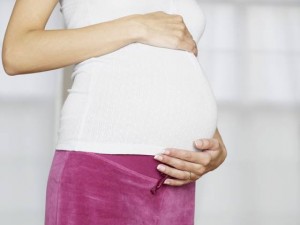 November 14. 2012 – A new study suggests that couples who have high levels of PCBs may take longer to conceive.
November 14. 2012 – A new study suggests that couples who have high levels of PCBs may take longer to conceive.
Although industrial chemicals called PCBs have been banned for more than three decades, a new study suggests that the pollutants could be making it harder for some people to have a baby today.
Couples with high levels of certain chemicals in their bodies took about 20% longer to conceive compared with those with lower exposures, says the study from the National Institutes of Health.
That type of delay is similar to the effects of other factors known to reduce fertility, such as smoking, obesity and older age, according to the findings, published today in Environmental Health Perspectives. Read full article.